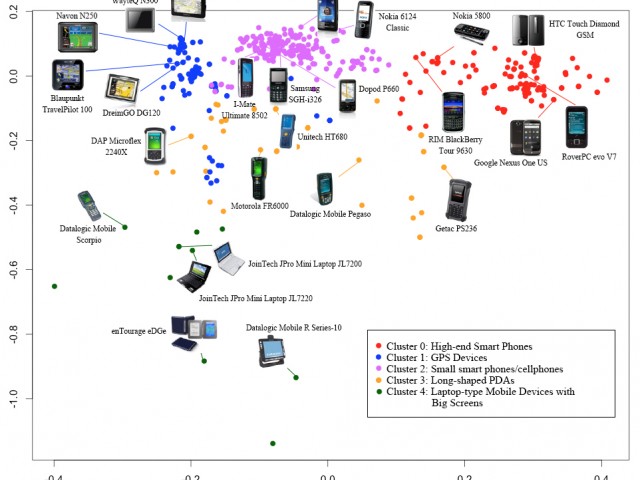
Today's digital revolution is fostering remarkable innovations. The landscape of innovation is rapidly changing and thus difficult to navigate or study. Understanding broader participation in innovation requires large datasets on the innovation participants and their activities. As organizational and industry boundaries become fuzzy in the digitized world, small data analysis cannot fully explain how boundaries shift and evolve. Open innovation leads to overlapping roles of designer and user, making it inadequate to examine innovation development and adoption separately. Therefore, it is necessary to collect data on larger units of analysis encompassing multiple organizations and multiple industries engaging in both the production and use of innovations. Further, the fast pace and risky nature of digital innovations mean that it is no longer sufficient to retrospectively study only successful innovations, but it is important to analyze contemporaneous data on a full range of innovations, including emergent and potentially failing ones, as they unfold. Addressing these challenges in conducting and studying digital innovations, this research team will build the Virtual Observatory of Innovation Communities and Ecosystems (VOICE) that (1) collects, connects, and curates large datasets from multiple sources on the people, groups, and organizations engaging with multiple innovations; (2) employs data science techniques to process and analyze these datasets; and (3) advances an ecology theory of digital innovation.
The project collects data on Big Data innovations from popular, professional, and trade press; academic publications; press releases; blogs and wikis; and social media. Further, a suite of theory-informed measures and models are developed for characterizing the evolving innovations and their communities in the Big Data ecosystem. Finally, via an open, layered modular information platform, the project's datasets and tools are shared widely and data and tools from other innovation ecosystems can be added as well. The VOICE platform would become a "Hubble Telescope" for everyone to observe and partake in digital innovations beyond those associated with Big Data. Policymakers are able to evaluate the mix of capabilities in innovation communities and recommend necessary interventions to broaden participation, reduce inequality, and cultivate partnerships. By monitoring emergent trends in different but related innovation communities, entrepreneurs and managers would be more likely to develop or adopt the right innovation at the right time. Overall, VOICE enhances the research and education infrastructure that supports individuals from underrepresented backgrounds, students, educators, and other citizens to engage mindfully with science and technology innovations.
* I have participated in this project as a research collaborator since 2016.
* This project is supported by the NSF IIS BIGDATA program (PI: Dr. Ping Wang, Co-PIs: Dr. Brian Butler and Dr. Yla Tausczik), Award #1546404.